Seed Oil 101: Why Seed Oils Are Bad For You! Longevity Expert Weighs In
If you've ever wondered why I don't eat seed oils, this conversation is going to give you some great insight. I interviewed my friend and performance and longevity coach and expert, Zane Griggs!
He is great at taking this complex topic and making it simple! When first hearing him cover this topic on his podcast in 2019, it inspired my husband and me to remove seed oils from our diet so we could enjoy new levels of optimal health.
We haven’t looked back since, and we are truly grateful to Zane and his community for sharing their wisdom online and adding years to our life.
Hit play now to hear the full episode “Why Seed Oils Are Bad For You! Longevity Expert Weighs In!” or keep reading.
In this fascinating episode of "Cook with Real Food," Cassidyy interviews Zane Griggs, a renowned health and fitness expert with over two decades of experience. Let's unravel the mystery behind seed oils and understand why they might be more harmful than you think.
Let’s first start with the question that’s likely on your mind.
What Are Seed Oils?
Modern cooking oils like vegetable oil, soybean oil, etc., will not be found in the Cook With Real Food content and brand.
That's because most modern oils are what's known as PUFAs. (Poly Unsaturated Fat) or "seed oils,” which could be linked to a variety of health issues when compared to more traditional oils and fats.
List of Seed Oils We Avoid:
Canola
Corn
Cottonseed (Crisco)
Soy (Vegetable Oil)
Sunflower
Safflower
Grapeseed
Peanut Oil
Rice Bran
And others
Learn more about how I avoid these in the "Guide to Traditional Cooking Oils" on the blog and enjoy my favorite seed-oil-free store-bought brands!
The Hidden Dangers of Seed Oils:
Seed oils, commonly found in processed foods, are laden with omega-6 fatty acids, particularly linoleic acid. While these fatty acids are essential in moderation, the excessive consumption prevalent in today's diets leads to chronic inflammation. Zane Griggs explains that this imbalance is a significant contributor to various health issues, including accelerated aging and an increased risk of chronic diseases.
Oxidation: The Underlying Problem:
One of the critical issues with seed oils is their tendency to oxidize. This process creates harmful compounds that exacerbate their inflammatory effects. Griggs elaborates on how these oxidized oils can damage our cells, particularly the mitochondria, leading to decreased energy production and overall cellular health.
A Historical Perspective:
It's fascinating to learn from Griggs about the history of seed oils in our diet. Initially byproducts or industrial waste, these oils found their way into the food industry due to their low cost and shelf-stabilizing properties. This shift has significantly altered our dietary landscape, contributing to the current health crisis marked by rising obesity and metabolic diseases rates.
The Current Landscape and Solutions:
Despite the grim picture painted by the prevalence of seed oils, there is a silver lining. Growing awareness has led to an increase in seed oil-free options. Griggs encourages readers to be vigilant about food labels and opt for healthier fats like butter, lard, and olive oil. Cooking with whole, unprocessed foods not only reduces seed oil consumption but also brings us closer to achieving optimal health.
LINKS FOR THIS EPISODE:
Zane's Links:
Instagram: https://www.instagram.com/zanegriggsfitness
Book Link: https://amzn.to/3plfofO
Podcast: https://www.youtube.com/@healthyaf
Hear Zane Talk More About This Topic On This Episode:
"The Shocking Truth About Seed Oils and Their Impact on Our Health"
Link: https://www.youtube.com/watch?v=myXLLE8T_Z0
Thank You Zane, For The Additional Resources and Charts Mentioned Below:
Dr. Cate Shanahan's blog
https://drcate.com/seed-oils/
Increase in Adipose Tissue Linoleic Acid of US Adults in the Last Half Century
https://www.ncbi.nlm.nih.gov/labs/pmc/articles/PMC4642429/
Dietary Linoleic Acid Elevates Endogenous 2-AG and Anandamide and Induces Obesity
https://www.ncbi.nlm.nih.gov/pmc/articles/PMC3458187/?fbclid=PAAaaGHjo-VupP3i1wJ4_mfsEXbRHVZdux0OyoiGoXPppgvb6fsmnzjCW-g_U
Consumption of a high-fat diet rich in omega-6 PUFA for only 4 weeks instigates mitochondrial damage and causes cardiac dysfunction
https://pubmed.ncbi.nlm.nih.gov/17023268/
4-HNE, a byproduct of linoleic acid directly correlates with obesity, growth of visceral fat and insulin resistance.
https://pubmed.ncbi.nlm.nih.gov/28088621/
Linoleic acid can cause endothelial dysfunction. More linoleic acid is seen in the LDL of people with type 2 diabetes.
https://diabetesjournals.org/diabetes/article/54/5/1506/25939/Linoleic-Acid-Increases-Lectin-Like-Oxidized-LDL#ref-13
The role of dietary oxidized cholesterol and oxidized fatty acids in the development of atherosclerosis
https://pubmed.ncbi.nlm.nih.gov/16270280/

